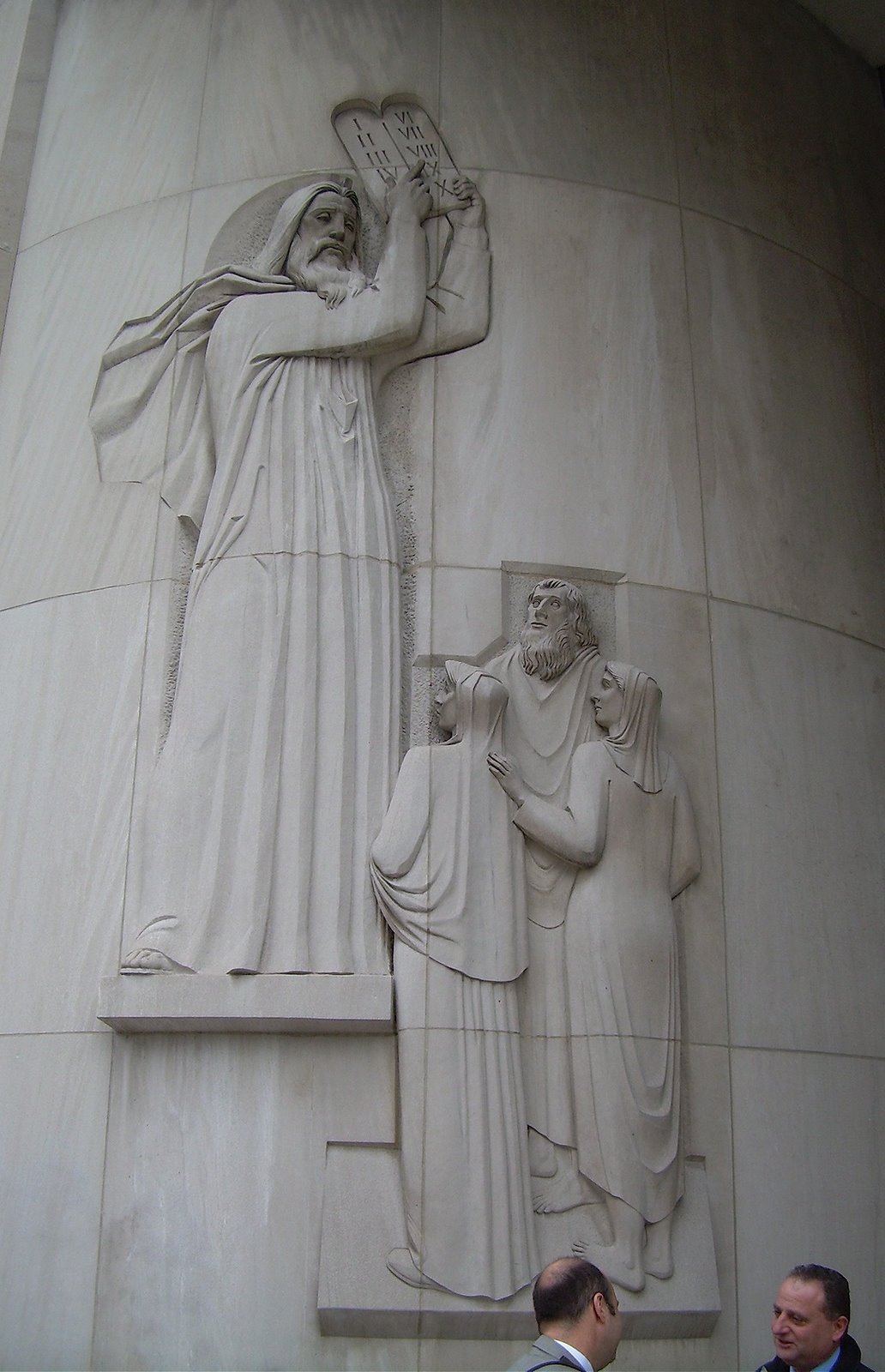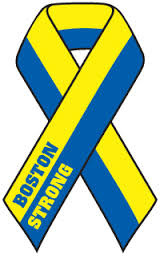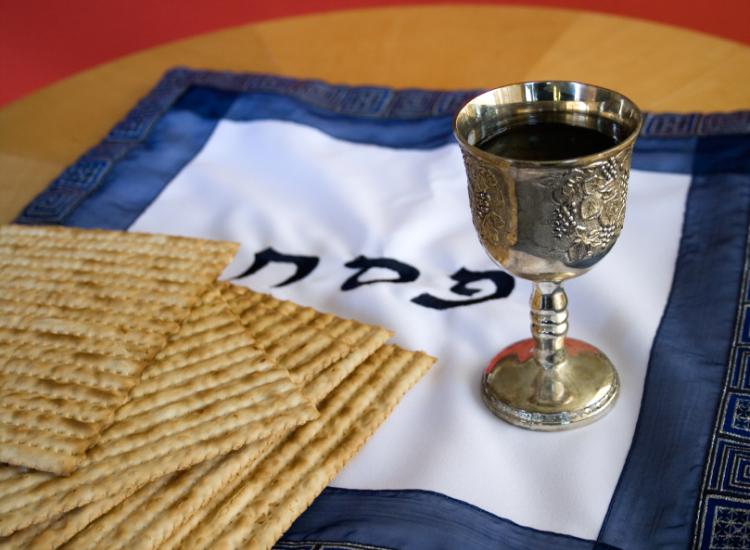
Exterior, Kings County Supreme Court (Brooklyn) — Photo credit, me.
Once again, a confluence of two seemingly unrelated events. On the one hand, today is the first day of Passover. On the other, it is the one year anniversary of the Boston Marathon bombing.
Passover celebrates breaking away from tyranny and bondage and the establishment of freedom and the rule of law. While celebrated by Jews, we recognize its universal symbolism. So too do others, as we see the Ten Commandments displayed in courthouses around the country as an example of one of the first descriptions of written law.
The bombing, by contrast, represents both anarchy and totalitarianism. Anarchy from the acts of violence themselves, and (to the extent news stories are accurate that this was an act of militant Islamism) the use of that anarchy to promote theocracies where religion reigns supreme and freedom is restricted.
I have a place in my heart for the Boston Marathon, having been privileged to run it in 2009 and again in 2012. This year it is run with a still-fresh wound, despite the brave faces many victims wear.
But this will not be the first time a marathon is run in the wake of a terror attack.
In 2001 the NYC Marathon was run just two months after the World Trade Center fell, and the fires were still burning. As we crested the Verazzano Bridge at the one mile mark of the race’s dramatic start, you could see the hole in the downtown skyline.
There were some that didn’t show up to run that year, concerned over reports in the week before the race that a bridge was the next suspected target. Rumors and fear ruled the day.
But 25,000 did show up. And the streets were teeming with people that day for a massive public event for which adequate protection could not be assured. And the reason for the lack of protection was simple, if you want to live in a free society, you can’t “protect” 26 miles of roadway through the streets of New York.
We knew that back then. People with guns or backpacks with bombs could emerge from the crowd of 2 million at any time. Runners and spectators alike had bulls eyes on their chests. But it was important to be there and to celebrate New York and to say that we would not live our lives in fear. Cowering was not an option.
 And it will be important again next Monday when the 118th Boston Marathon is run. The crowds will be thick and the runners stoked, with each participant — runners, volunteers and spectator alike — tossing caution to the wind to be there. They know that others will be watching them on this great stage.
And it will be important again next Monday when the 118th Boston Marathon is run. The crowds will be thick and the runners stoked, with each participant — runners, volunteers and spectator alike — tossing caution to the wind to be there. They know that others will be watching them on this great stage.
The police will try to protect parts of the race course, of course, as they do in New York and all major sporting events. But the reality is that the security is a thin veneer. There is always a way in a free society to wage an attack.
Freedom is like that. It is hard to gain, as recent events show in the Middle East and now Ukraine. In biblical times it took us 40 years of wandering in the desert to get there.
It’s easy to become complacent about freedom and to take it for granted when there is no challenge to it.
But when the challenges to freedom come — and terror attacks are certainly such challenges — it feels good to see people willing to put themselves out there to celebrate it, and thereby protect it. Spectators will, quite literally, be manning the barricades.
Cowering is not an option. #BostonStrong
 Passover and its seders deal with two fundamental concepts. The first is a celebration of a very dramatic escape from slavery to freedom.
Passover and its seders deal with two fundamental concepts. The first is a celebration of a very dramatic escape from slavery to freedom.